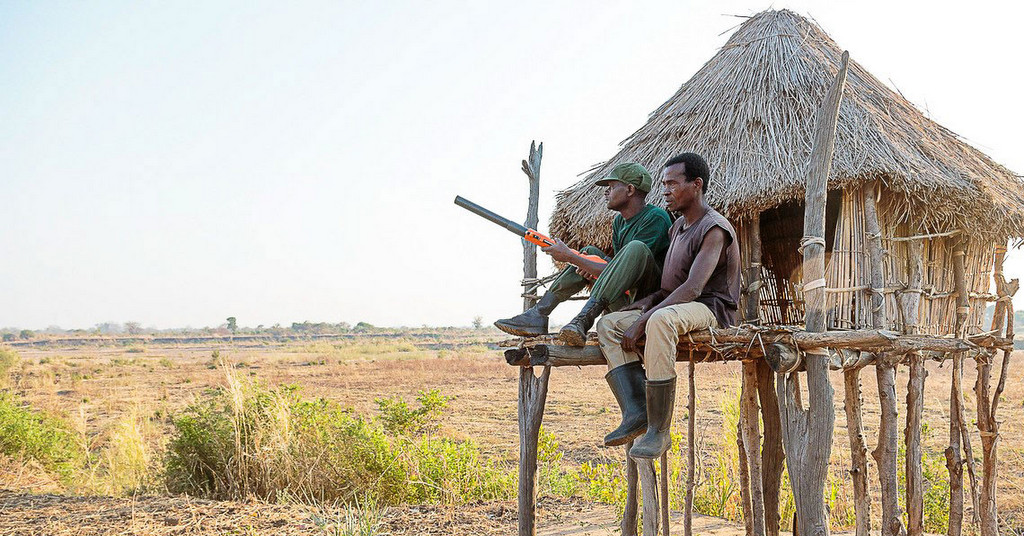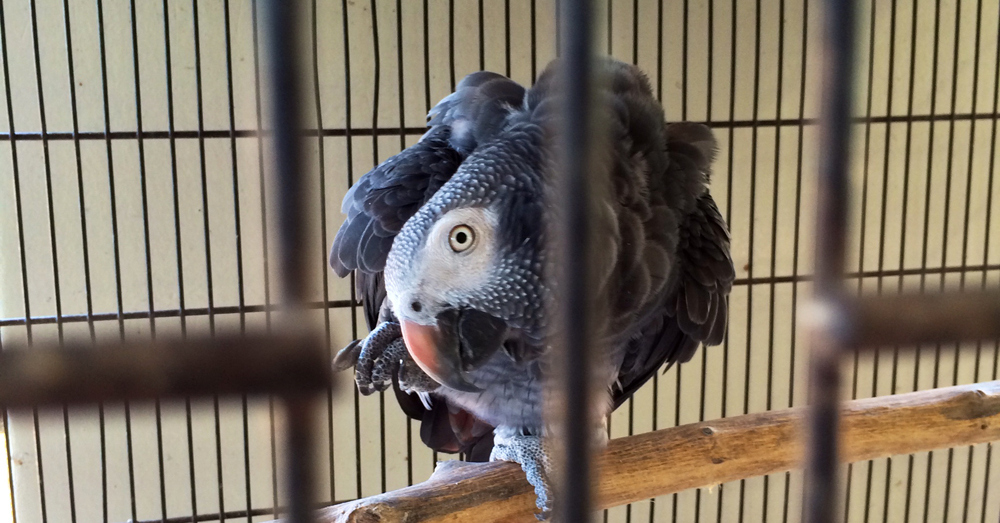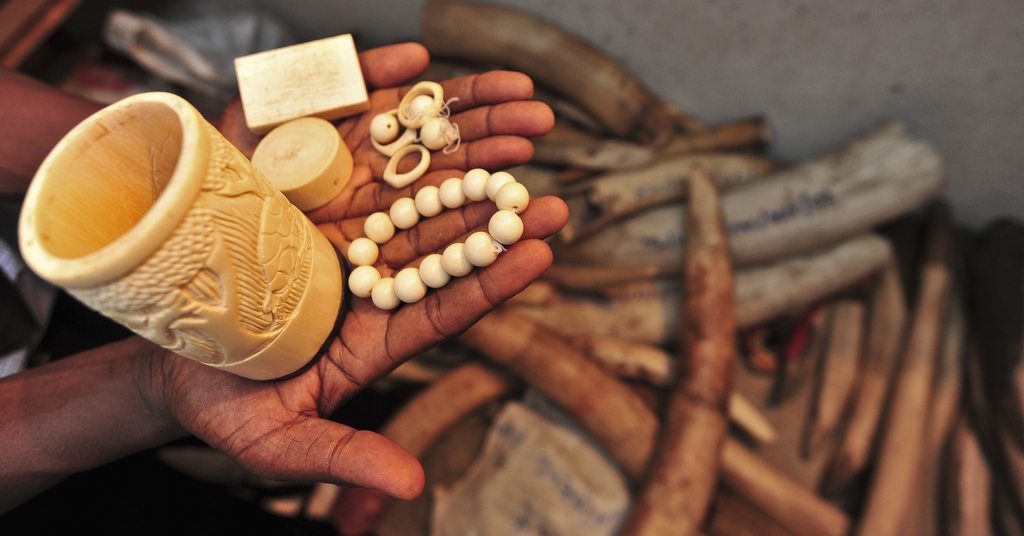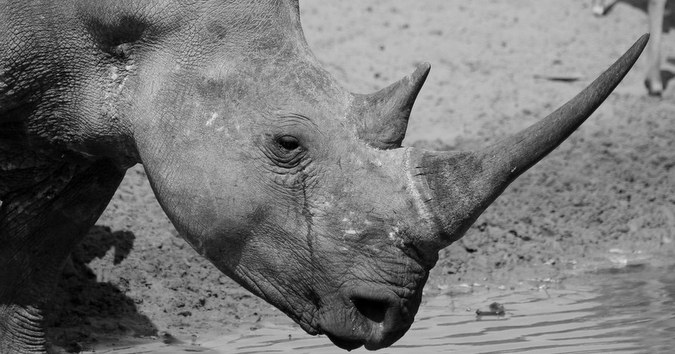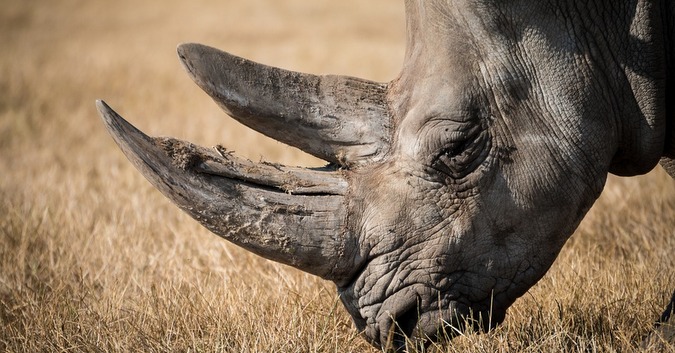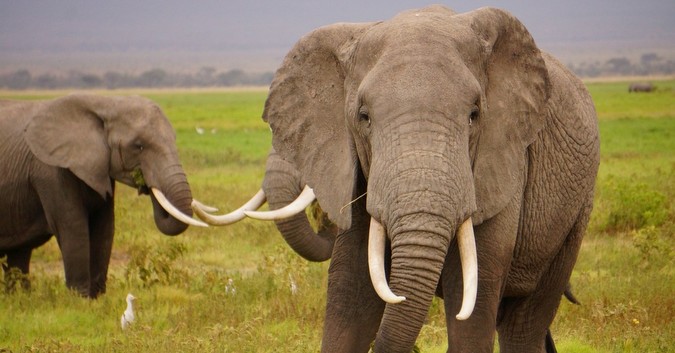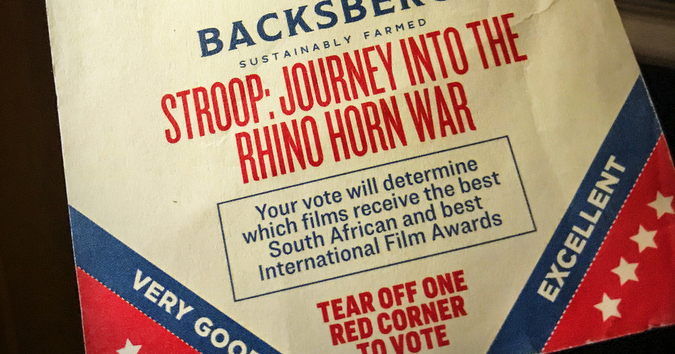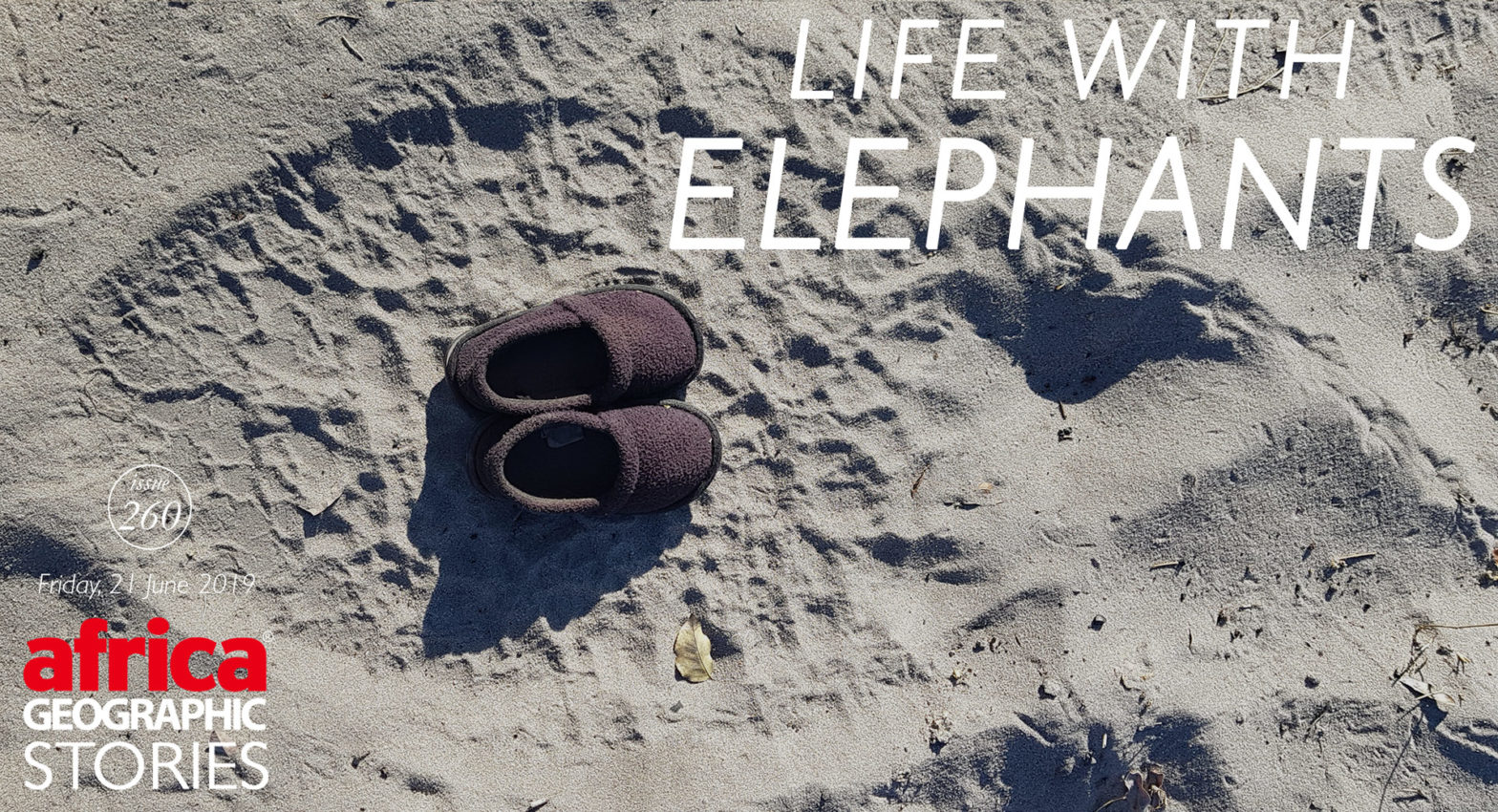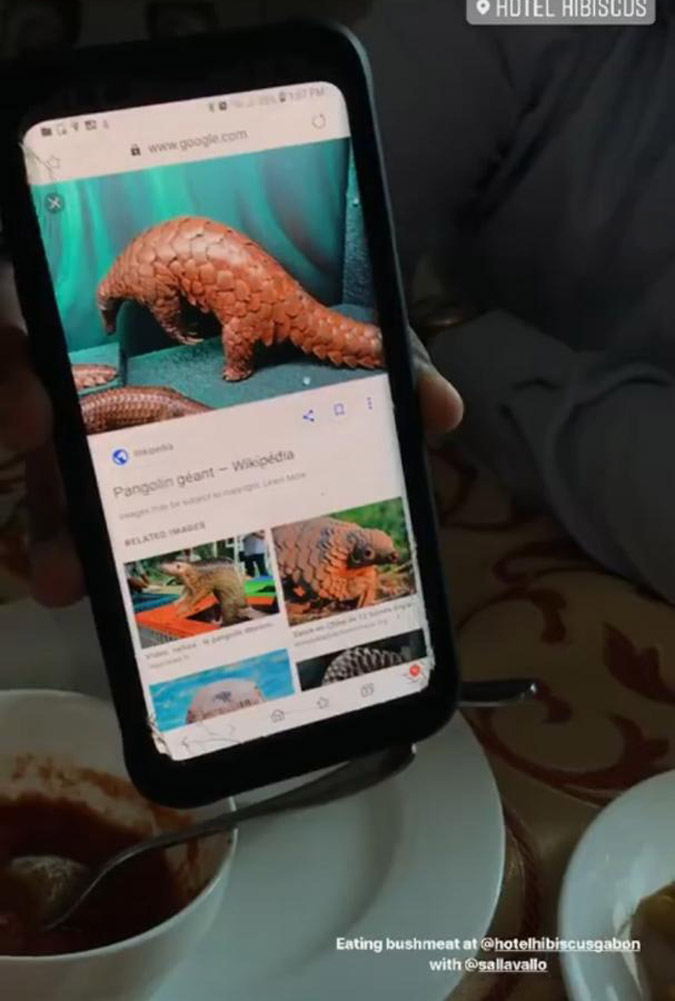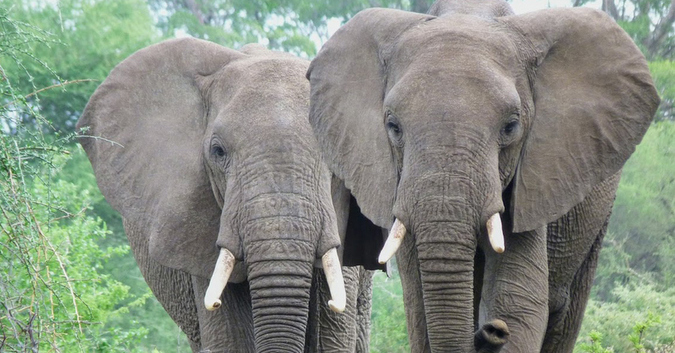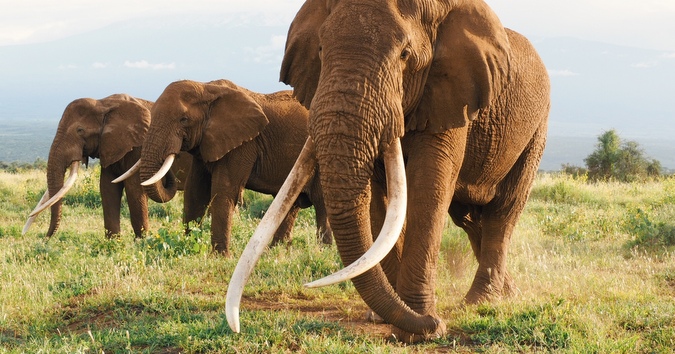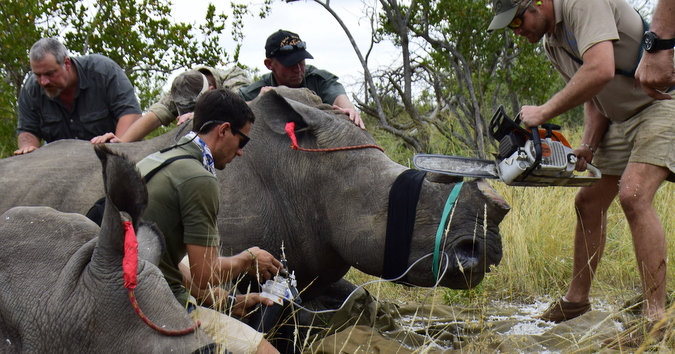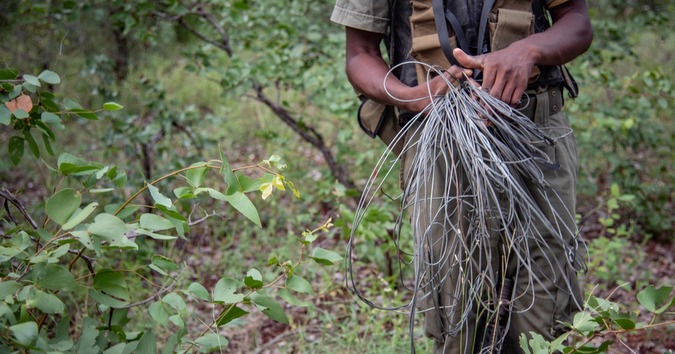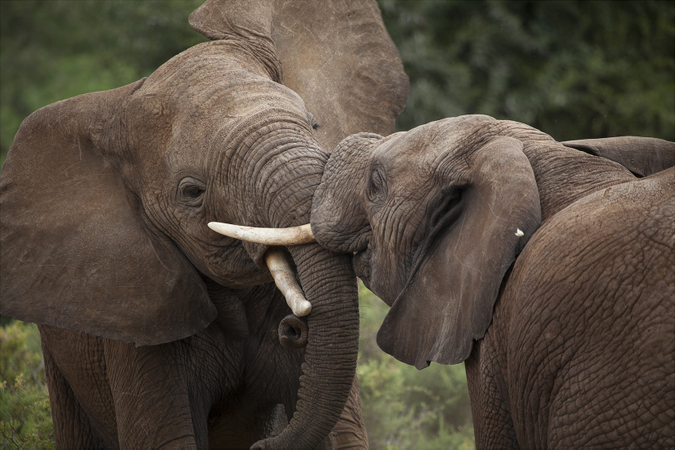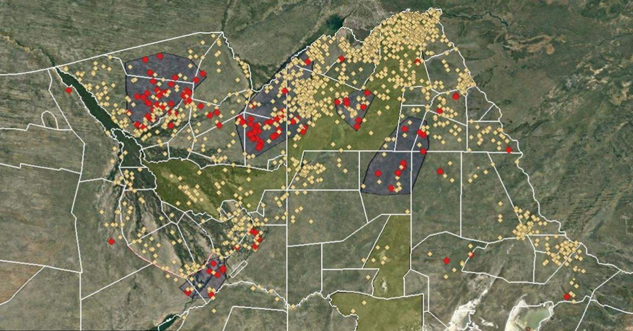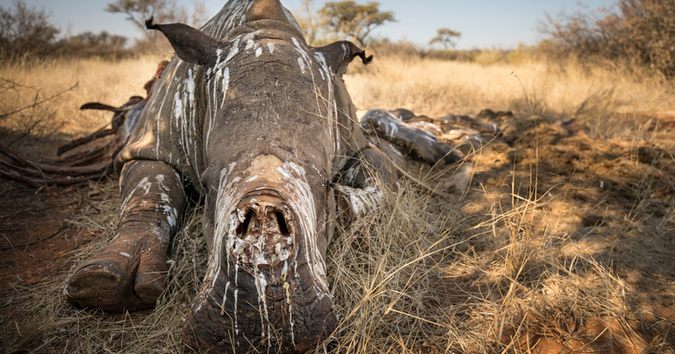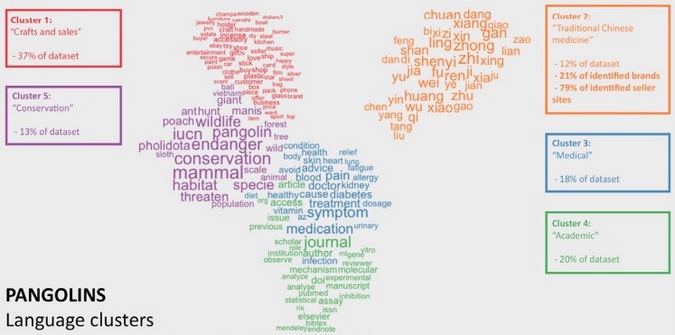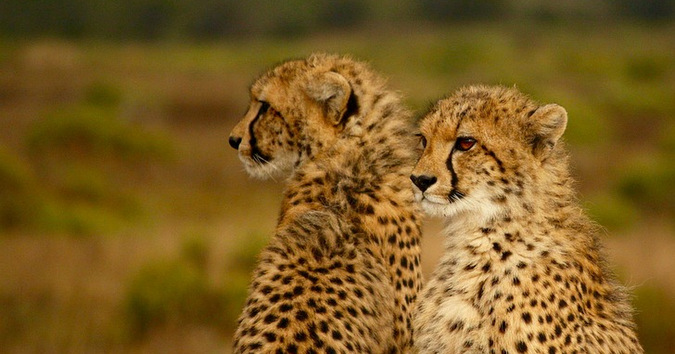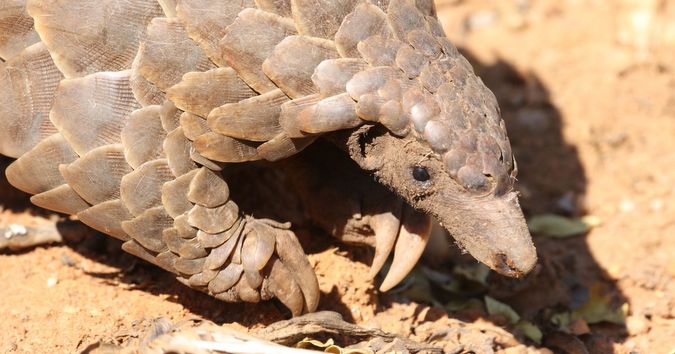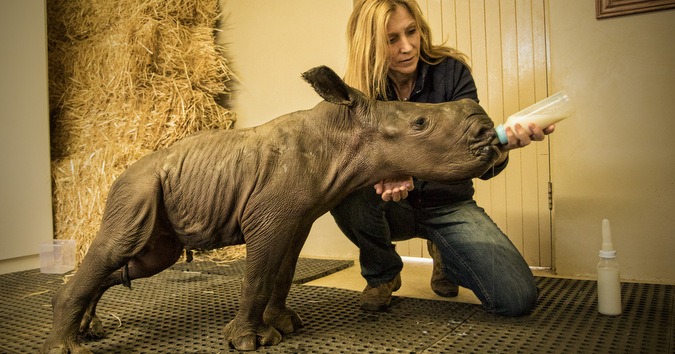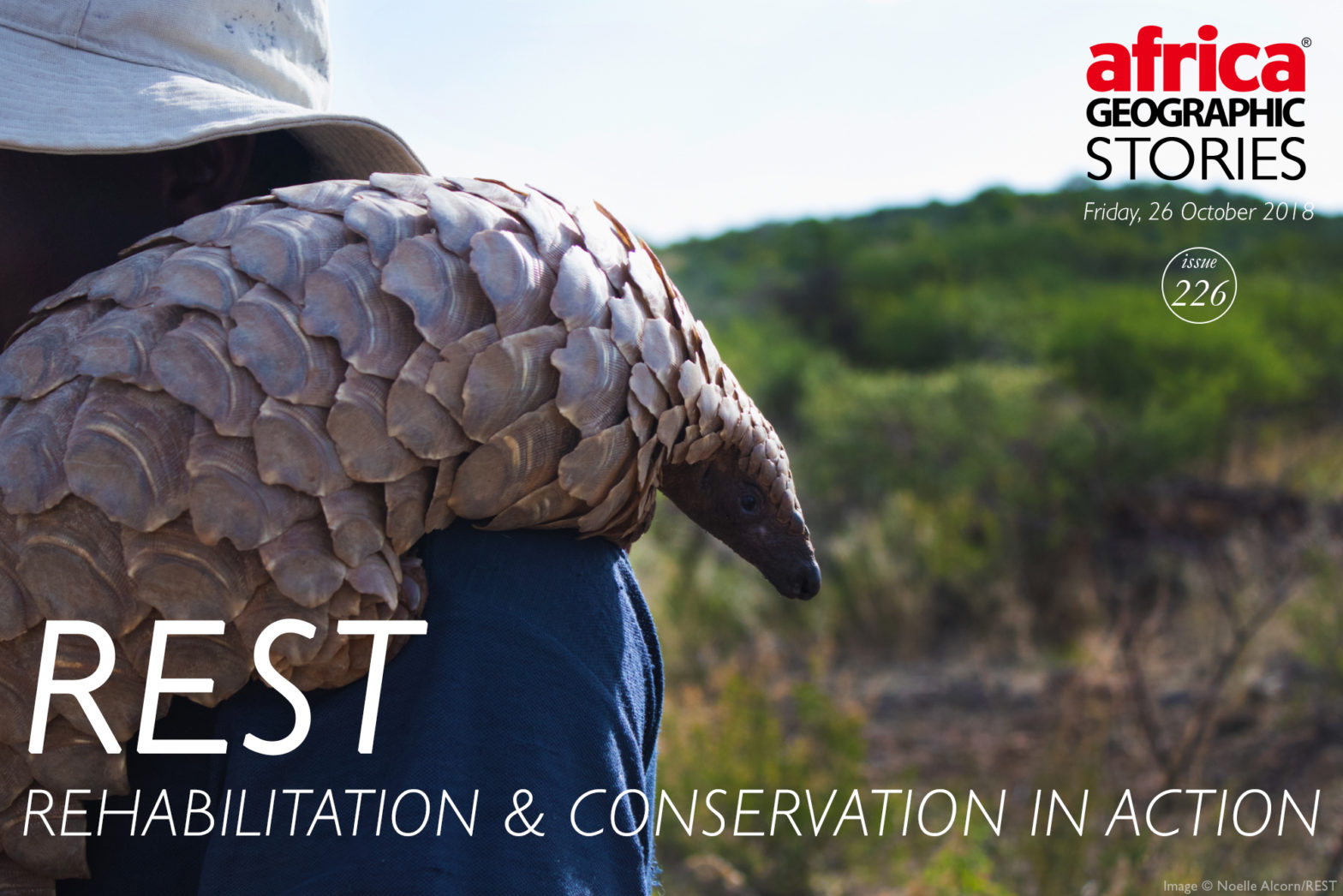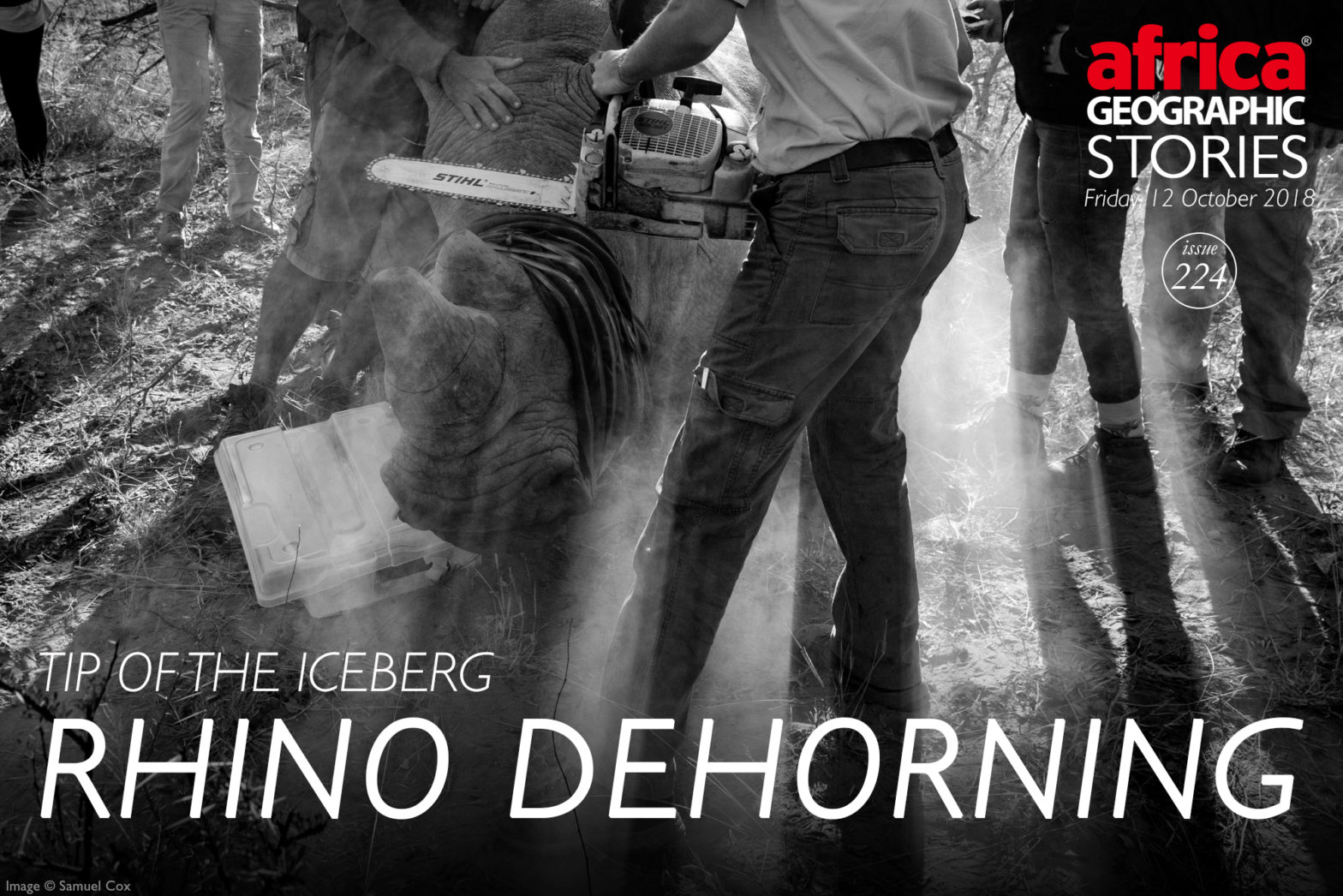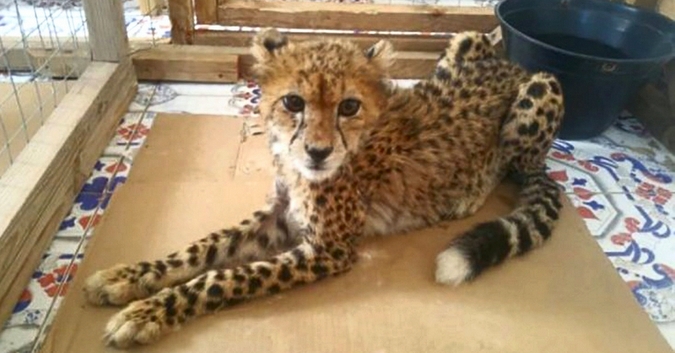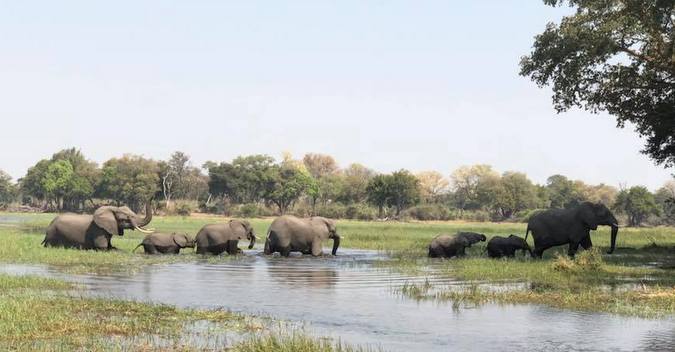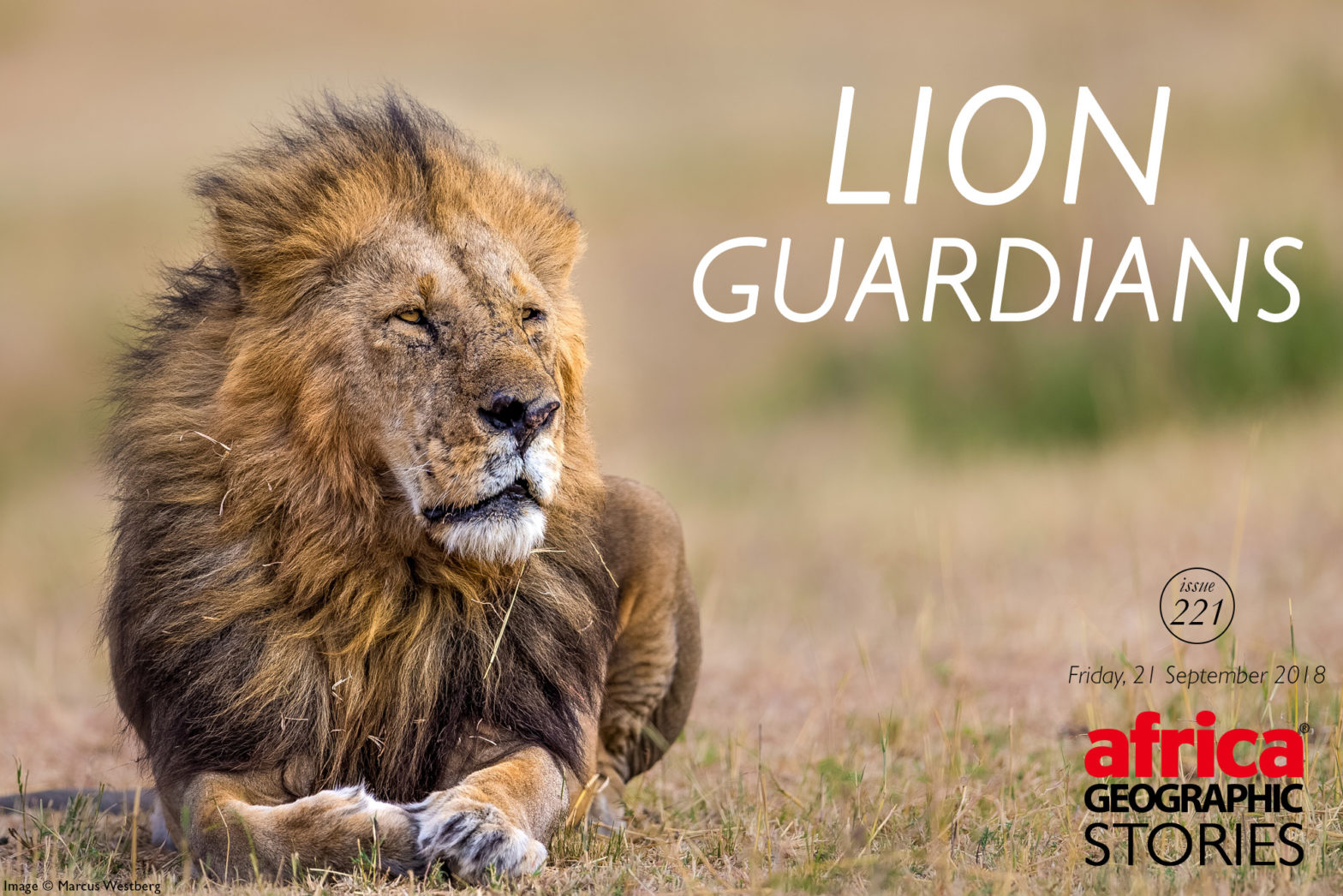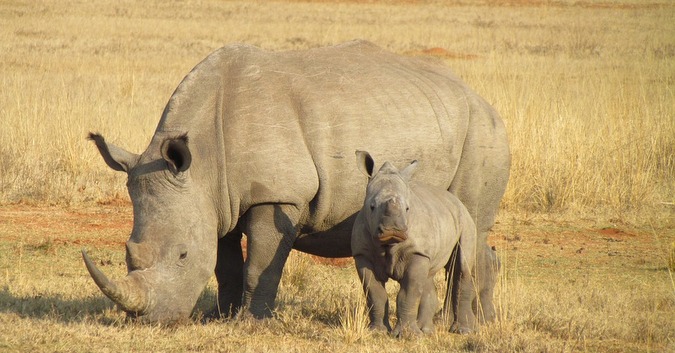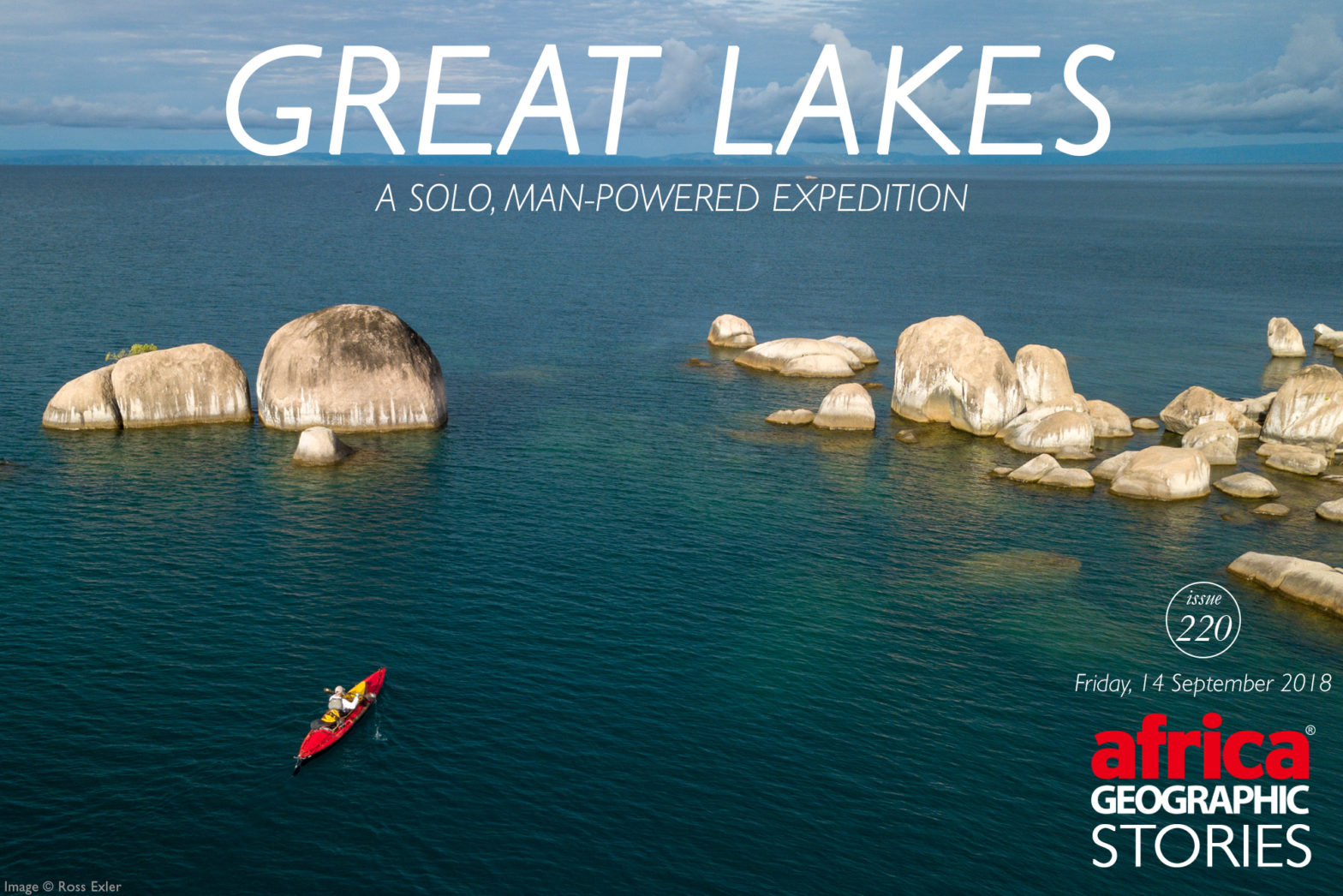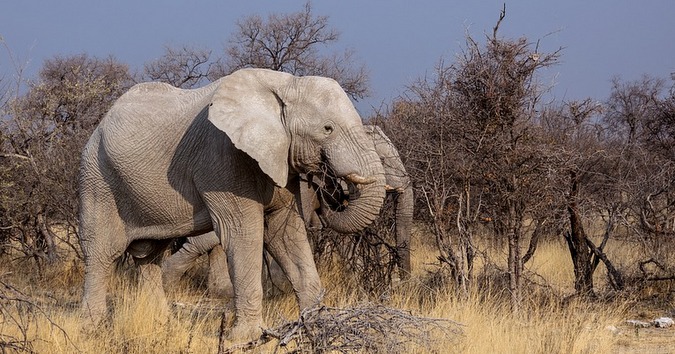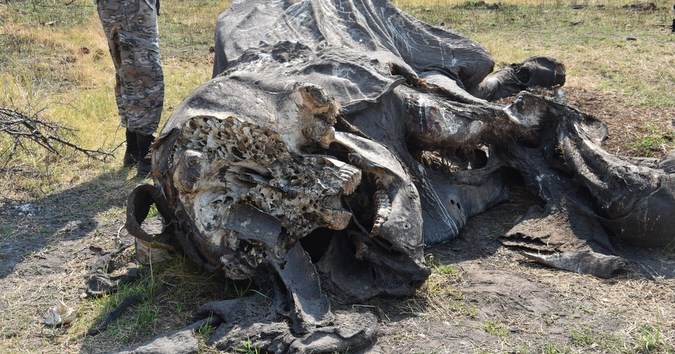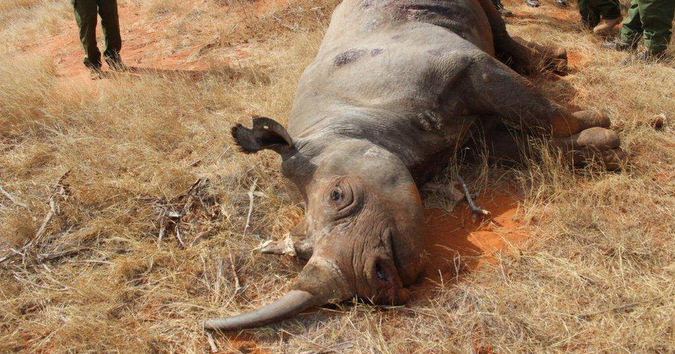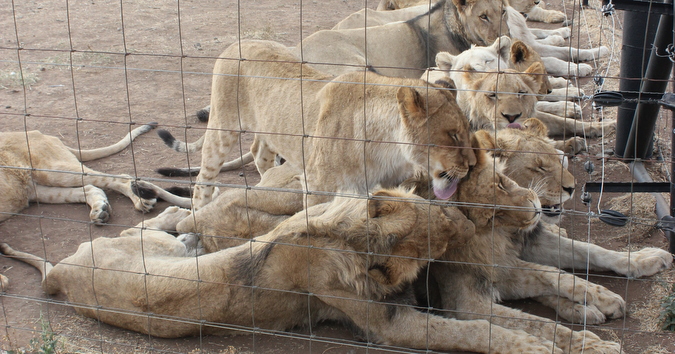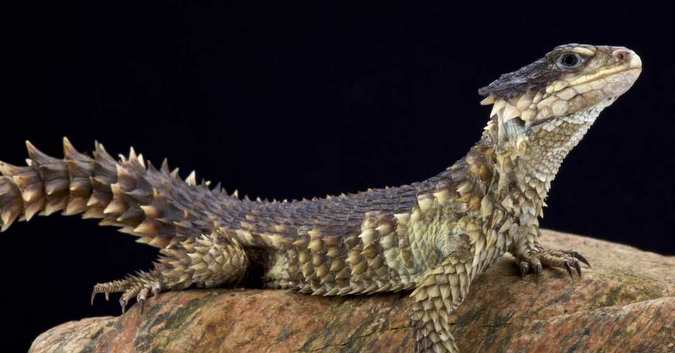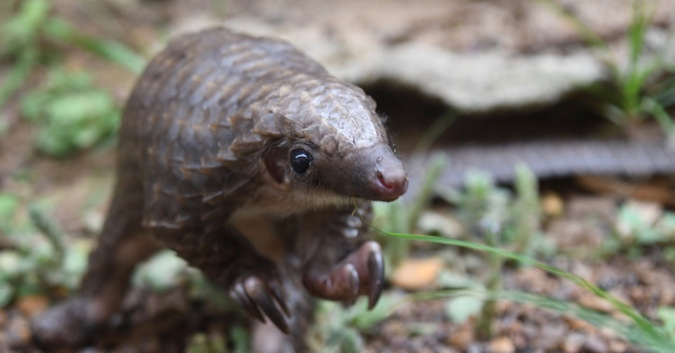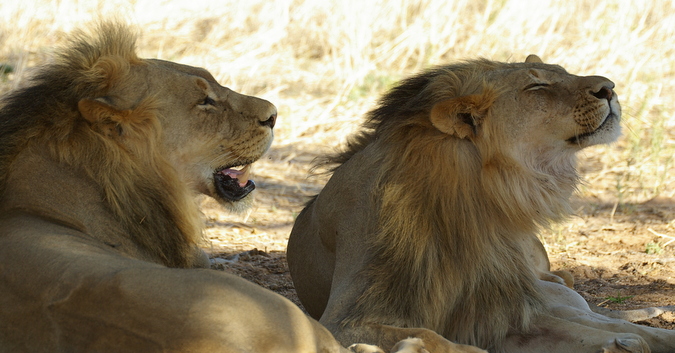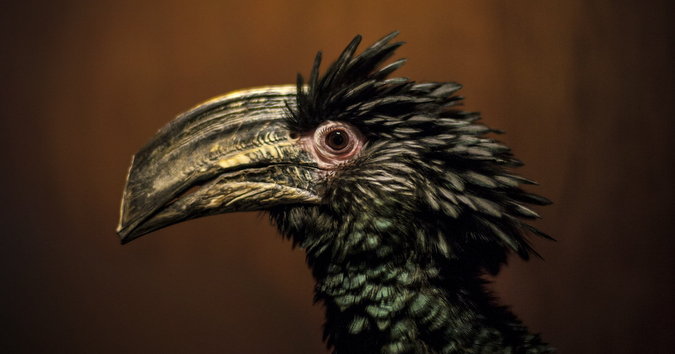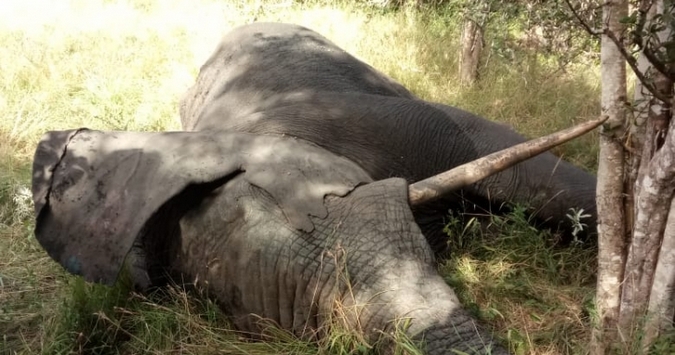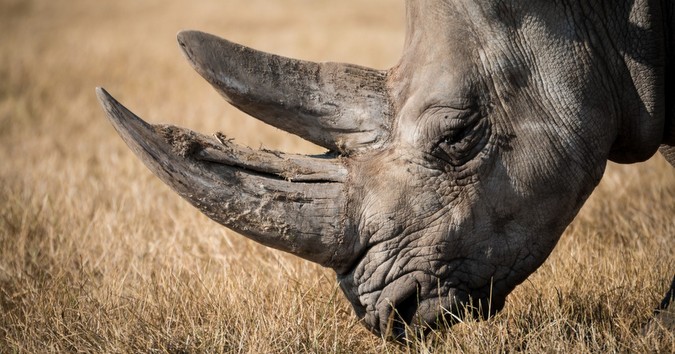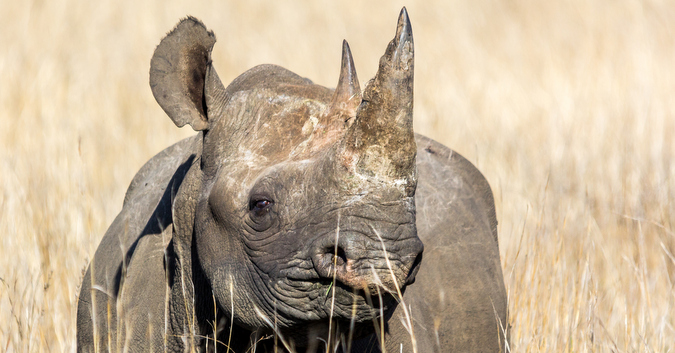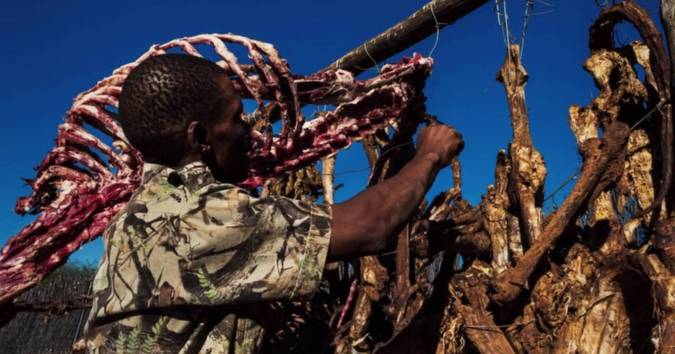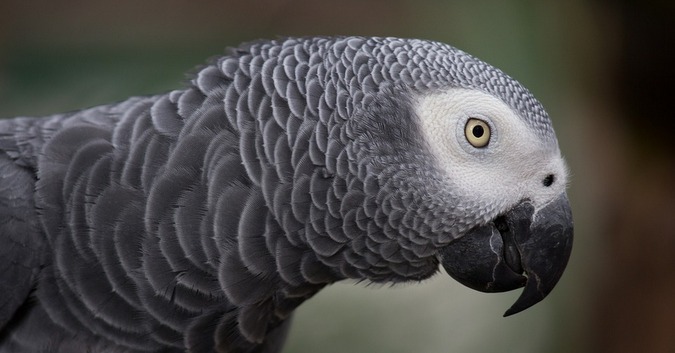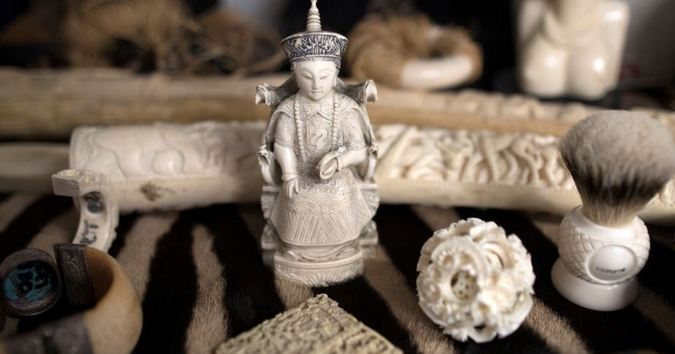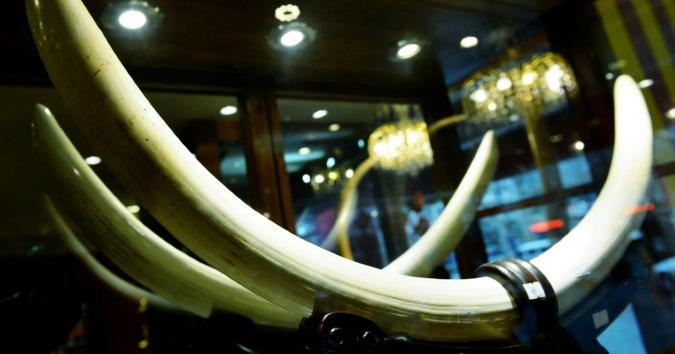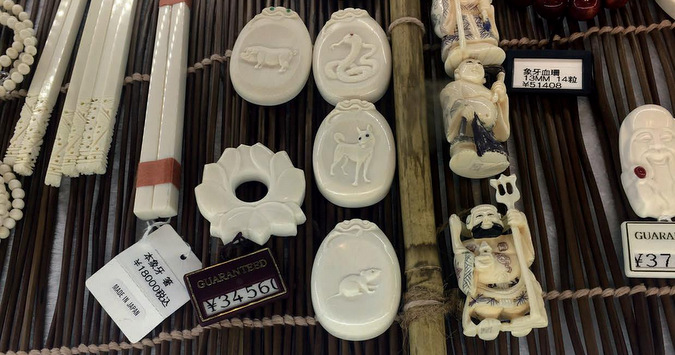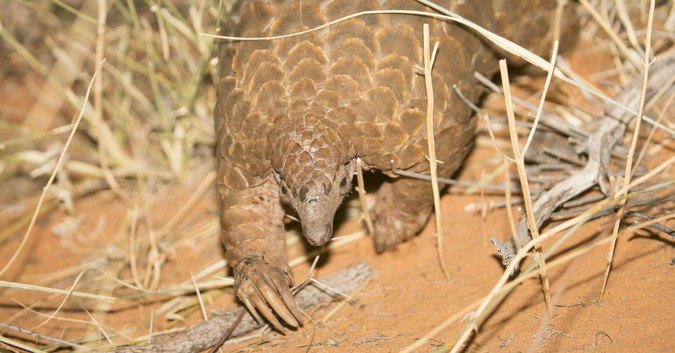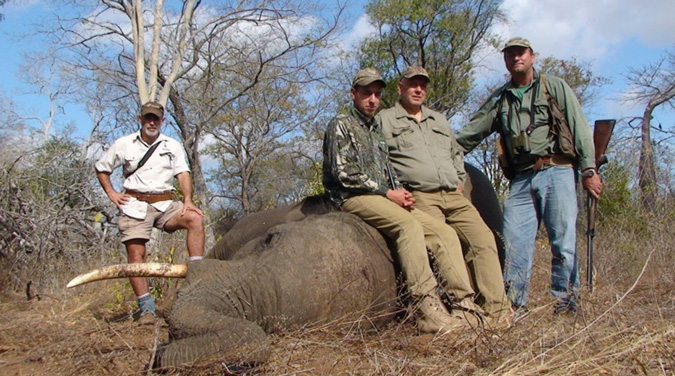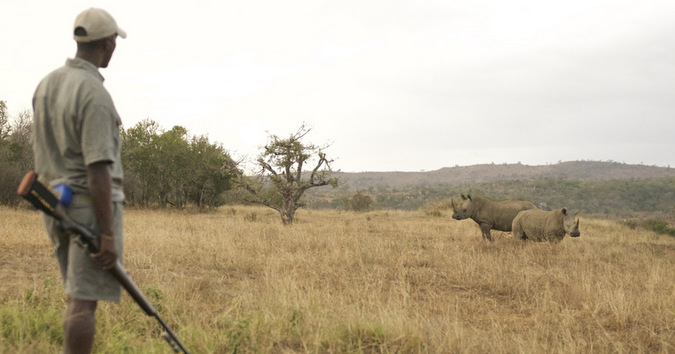Crop-raiding elephants in Zambia are being deterred humanely through the use of ‘chilli balls’ which are fired at their rumps.
Category Archives: Poaching
African grey parrots: How social media is facilitating both illegal trade and the fight against it
A recent study examines how social media marketplaces facilitate trafficking of endangered African grey parrots.
Malawi: On the frontline in the fight against illegal wildlife trade
Malawi may be one of the continent’s most peaceful nations, but it is currently locked in a fierce battle to protect some of the world’s most threatened species of wildlife.
Minister: How many wild rhinos do we have left?
How many rhinos do we have left in our National Parks? An open letter to South African Minister of Environment, Forestry and Fisheries, Barbara Creecy.
OPINION: Rhino horn trade – designing a sales mechanism should international trade become legal
Rhino horn trade: If the international sale of rhino horn was legalised could it be more successful than the previous legal sales of elephant tusks?
Elephant ivory trafficking possibly controlled by only 3 major cartels, says research
Major implications for ivory trafficking as research reveals that only three cartels control most illegal trade, according to research.
Breaking: STROOP scoops more awards, stands alongside Steven Spielberg, Natalie Portman and Ellen DeGeneres
Acclaimed South African documentary film, ‘STROOP – Journey into the Rhino Horn War’, has continued to attract the attention of international and local judges and audiences alike, winning two more prestigious awards.
Life with elephants
Botswana elephant debate: We speak to the MOST important people in this equation – those living with elephants
Catastrophic breaking news: 537 vultures found poisoned in dark day for Botswana conservation
Botswana’s Department of Wildlife and National Parks (DWNP) has announced that they have recently identified a poisoning site with 537 dead vultures (comprising five species) and two tawny eagles.
Video: Instagram influencers eat pangolin in Gabon – call it ‘armadillo’
Instagram influencers Jessica Nabongo and Sal Lavallo ate pangolin in Gabon hotel
Study: Elephant poaching rates in decline, but iconic species remains under threat
Latest study reveals elephant poaching rates in Africa have started to decline, but levels of poverty, corruption and ivory demand still threaten the iconic species.
Large-tusked elephants are in decline, need to be protected from trophy hunting and poaching, says researcher
The need to protect large-tusked and potentially large-tusked elephants from poaching and excessive selective hunting pressure is more apparent than ever as the progressive decrease in average tusk size over the past three decades is potentially leading to over exploitation of older bulls.
Breaking: STROOP beats media giants to take top film prize
The groundbreaking South African film, STROOP – Journey into the Rhino Horn War, has taken one of the world’s top wildlife prizes, ‘Best of Festival’, at the International Wildlife Film Festival in the United States.
Massive rhino dehorning operation in Balule, Greater Kruger
The entire rhino population of Balule (Greater Kruger) has been dehorned, in a massive operation.
Video: The unintended victims of a hidden killer
The piece of looped wire doesn’t look like much. But place this wire in the hands of wildlife poachers, and it becomes one of Africa’s most deadly weapons.
Opinion: Europe first plundered elephants for ivory – should Western countries preach to China?
The Elephant Protection Initiative takes a long view and considers the changing role of China in the illegal ivory trade.
Botswana 2018 aerial survey – of elephants, baobabs and cattle
Botswana elephant survey now made public. You’ve seen all the political posturing from all sides, now read the actual report and make up your own mind.
Updated rhino poaching stats – what is not being disclosed – comment from award-winning filmmakers
Award-winning filmmakers Susan Scott and Bonné de Bod comment on the latest rhino poaching statistics released by the Department of Environmental Affairs.
Detecting wildlife cybercrime
Being able to identify transactions involving restricted species, and conversations happening about them, will assist law enforcement in the fight against wildlife trafficking.
Somaliland wildlife medicine and husbandry: new partnership announced
The Cheetah Conservation Fund (CCF) has announced a new international partnership between European and African institutions to enhance Somaliland’s ability to treat and care for confiscated wildlife.
Saving trafficked pangolins, one release at a time
A story about releasing trafficked pangolins back into the wild, thanks to a dedicated team of people fighting to ensure the survival of these threatened creatures.
Here’s how YOU can make a difference for RHINOS
Our CEO has a message for those of you who want to make a difference for rhinos. Start by watching STROOP, then take action.
REST – Rehabilitation & Conservation in Action
The morning sun was starting to make us sweat as we sat on the ground in a circle and waited. There wasn’t a breath of wind as small puffs of pale-yellow dust rose into the air, kicked up by four inquisitive creatures who were making their way towards us. Slowly but surely, they got within …
Continue reading “REST – Rehabilitation & Conservation in Action”
Rhino Dehorning: Tip of the Iceberg
Before coming to Africa, I had little to no knowledge of the constant efforts being made to save our precious rhinos – one of Africa’s most iconic animals. Not long after arriving, however, I had the opportunity to photograph and assist in a rhino dehorning operation, a somewhat controversial method of hopeful poaching prevention, and …
Social media’s role in advertising illegal wildlife trade, including cheetah trafficking
Cheetah Conservation Fund data analysis confirms social media role in advertising illegal wildlife trade, including trafficking of cheetahs for illegal pet trade.
Botswana elephant poaching debate: Wildlife vet speaks his mind
Botswana elephant poaching debate: Wildlife vet speaks his mind.
Kenya’s Lion Guardians
Dawn is just breaking when Kamunu Saitoti sets out across the Amboseli bush in search of lions. At first glance, he appears much like any other Maasai warrior: Lean and tall, his dark red shuka is wrapped around his torso and waist concealing his only weapon, a long knife with a simple wooden handle. Brightly …
DEA announces 2018 rhino and elephant poaching stats to date
The South African Department of Environmental Affairs announces 2018 rhino and elephant poaching stats to date.
Great Lakes: A Solo, Man-powered Expedition
In early 2018, I set out to journey across the three largest of the African Great Lakes: Lake Malawi, Lake Tanganyika, and Lake Victoria. My objective was to traverse the region by “fair means”: solo, self-sufficient, and entirely human-powered. I would start in the south, and make my away across the lakes via kayak, paddling …
Continue reading “Great Lakes: A Solo, Man-powered Expedition”
Elephant hunting: Botswana initiates month-long consultation process
Botswana initiated on Wednesday a month of public hearings to decide whether to lift the 2014 hunting ban, including elephant hunting.
Scientists question BBC reporting over elephant poaching crisis in Botswana
A group of prominent scientists have questioned the reporting by the BBC of the elephant poaching crisis in Botswana.
Elephant poaching: Botswana gov provides context, questions irresponsible reporting
The government of Botswana responds to the recent reports alleging that about 90 elephants were killed recently.
Update on rhino translocation fiasco: WWF-Kenya admits mistakes were made
WWF-Kenya has admitted that grave mistakes were made in the translocation operation in Kenya which saw 10 out of 11 critically endangered black rhinos die.
The Extinction Business: Lion bone trade threatens world’s big cats
The Extinction Business: South Africa’s ‘Lion’ Bone Trade is an investigative report by EMS Foundation and Ban Animal Trading that reveals startling and alarming factors that have a significant negative impact on worldwide big cat conservation.
Investigating South Africa’s wildlife cryptotrade
A casual search of some of South Africa’s biggest online marketplaces shows just how easily endangered wildlife species are reduced to their parts – and how simple it is to sell them online while retaining anonymity.
My fight to save Liberia’s pangolins
Two steps forward, one step back in pangolin conservation. Liberia is a country in West Africa that has overcome civil war, battled through the Ebola crisis and is currently recovering from the impacts. But there is one more issue to confront – the illegal wildlife and bushmeat trade.
Guarding Limpopo National Park’s carnivores
A new carnivore protection ranger force, the Limpopo Lion Protection Team, has been trained and deployed – specifically assigned to support the Greater Limpopo Carnivore Programme and tasked with securing known lion ranges from targeted lion poaching.
Forest hornbills being decimated in Ghana
Six out of eight Ghanaian forest hornbill species have shown significant population declines due to uncontrolled hunting, according to a long-term research project.
Elephant cow with calf saved from snare
An elephant cow, with a 2-week-old baby in tow, needed all the help she could get after sustaining a serious injury from a poaching snare.
Terminally ill Vietnamese find comfort in rhino horn
A recent study has revealed that the reasons why the Vietnamese buy illegal rhino horn is not only for medical and health-related reasons, but also as a form of comfort to those that are terminally ill.
Kenya to fast-track laws to make wildlife killing capital offence
Kenya will fast-track laws to make wildlife poaching a capital offence as part of the country’s bid to conserve flora and fauna.
Lion mass slaughter house
The Blood Lions team and other environmentalists reacted with horror to reports that a lion slaughterhouse was established ‘overnight’ on a farm outside Bloemfontein.
Wild grey parrot trapping methods are ruinous, says new research
A research paper has investigated how different capture methods and other aspects of the grey parrot trade, other than just the actual volume of birds taken from the wild, can affect sustainability of harvest.
Britain to ban sale of ivory items, regardless of age
With a prohibition on the sale of nearly all antiques containing ivory, the new legislation will create the toughest ban on ivory in Europe.
Rhino poaching update – we look behind the numbers
We look behind the 2017 rhino poaching numbers
China’s ban on domestic ivory sales now in effect
China’s complete ban of the buying and selling of ivory products went into effect on Sunday.
Japan’s ivory market must close down, according to study
With China announcing that it would shut down all ivory trade by the end of this year, concerns have been raised that Japan’s failure to prevent illegal ivory exports will undermine China’s prospective ban and the efforts to end the global trafficking of elephant tusks.
Pangolin trafficking: Research reveals new routes
A recent study has revealed that pangolin smugglers are constantly opening up new global trade routes every year to avoid law enforcement agencies.
Opinion: Hunting is sustainable (ab)use
None of the existing role players in conservation understand what is required to save Africa’s vanishing wilderness. The issue is just too broad and deep – and politically charged.
Hluhluwe iMfolozi Park: Protecting the “birthplace of rhino”
Over the past few months, Hluhluwe iMfolozi Park (HiP) in KwaZulu-Natal – managed by conservation agency Ezemvelo KZN Wildlife – has been hard hit by a significant escalation in rhino poaching. Ezemvelo has subsequently been hard at work developing more effective anti-poaching and resource management strategies. In support of this, Peace Parks Foundation has committed an additional R10,6 million towards the implementation of advanced technology solutions in this sacred rhino protection area.

